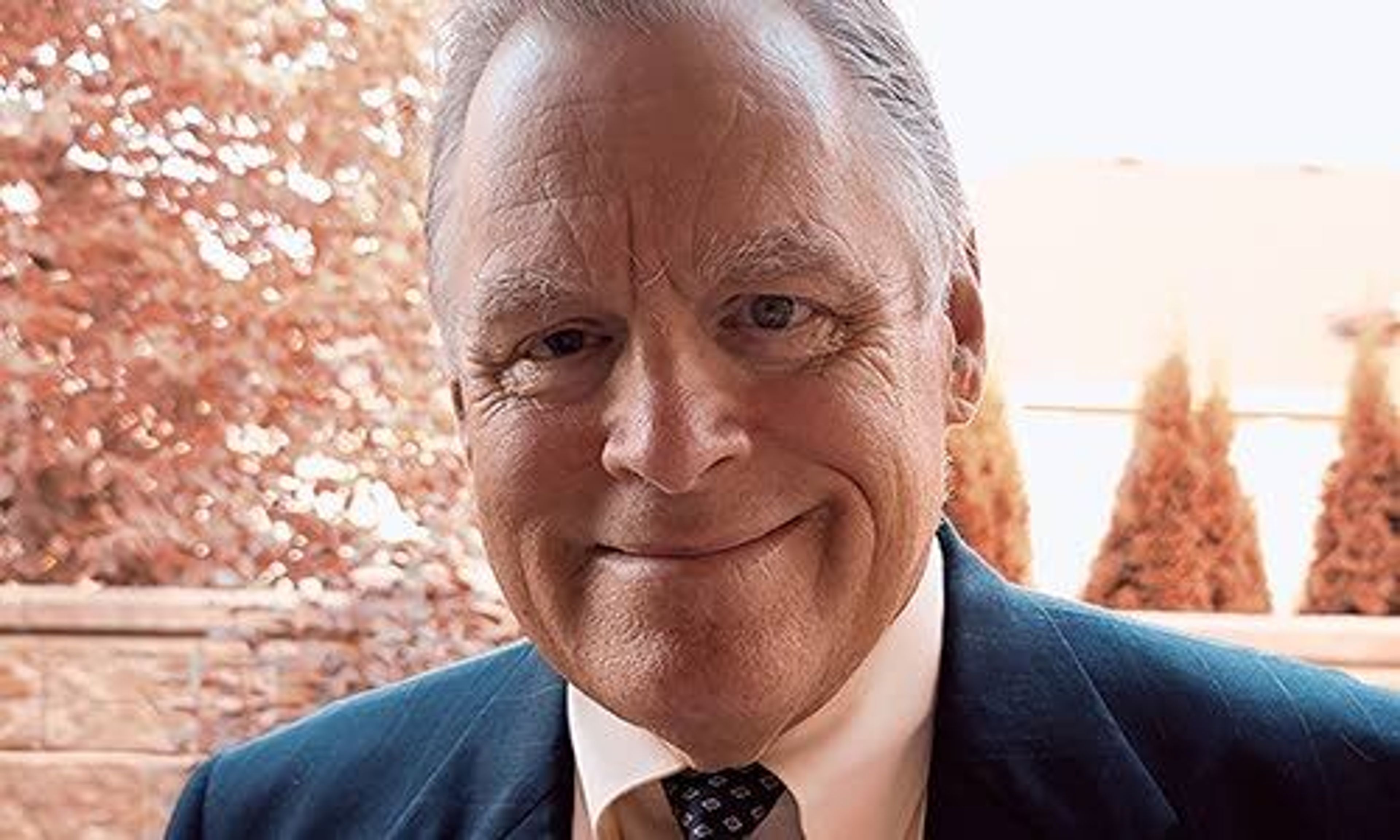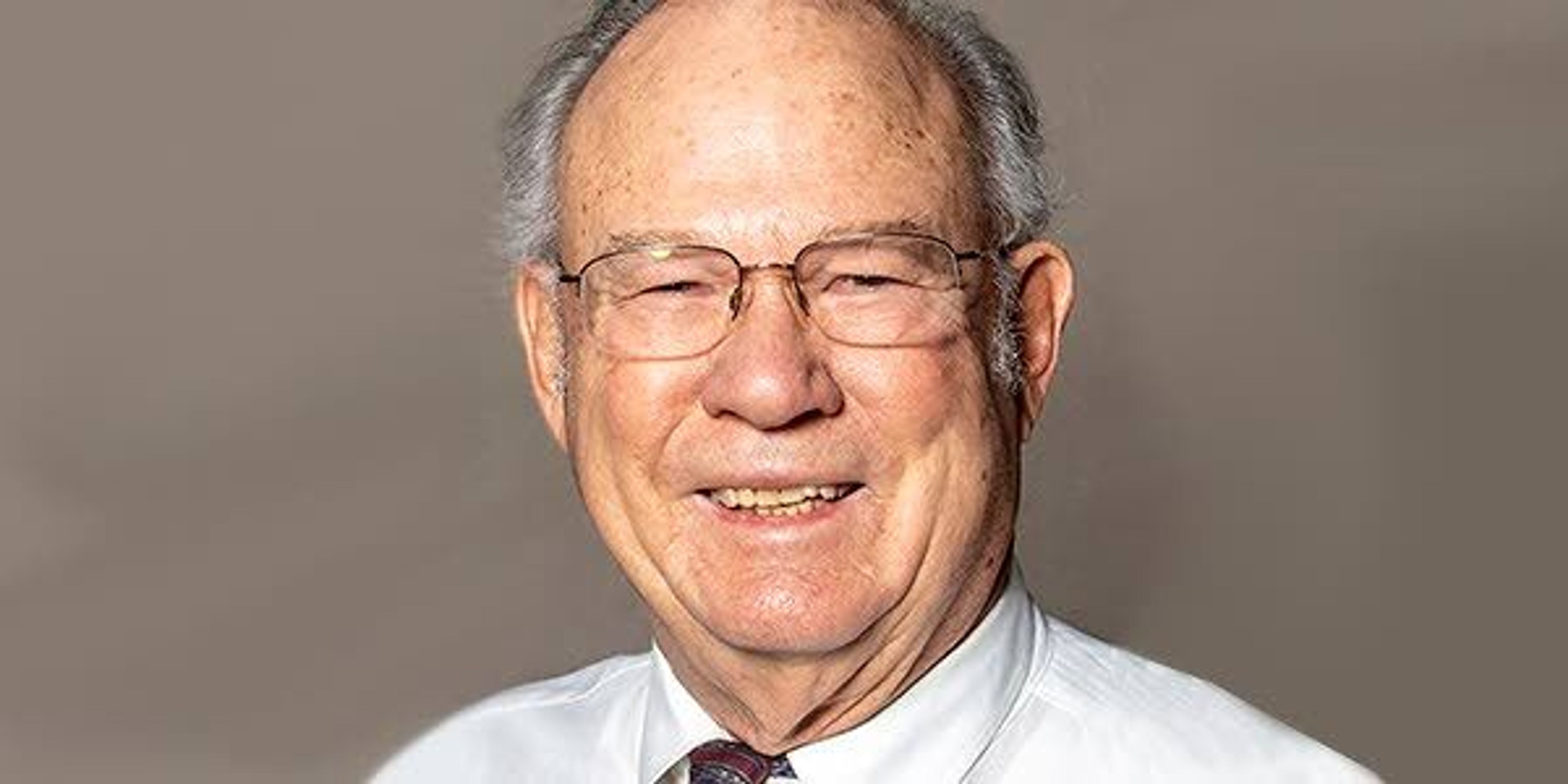The process for realigning Idaho’s political map with a decade’s worth of population expansion finds itself in roughly the same spot as it was 10 years ago — under pressure to get the job done without any time to spare.
At least Idaho’s political leaders have some lessons to draw upon as they contemplate the people they’ll appoint to the six- member — half Republican, half Democrat — citizen commission responsible for congressional and legislative redistricting in accordance with the one-person, one-vote doctrine the U.S. Supreme Court imposed in the mid-1960s.
A decade ago, a second Idaho redistricting commission got moving in September. That’s because the first group failed to reach an accord after 92 days of meeting through the spring and summer. When the three GOP members on that gridlocked panel — Evan Frasure of Pocatello, Lou Esposito of Eagle and Lorna Finman of Rathdrum — asked for an extension, the Idaho Supreme Court delivered a shock: Their terms were up. And a new commission would have to start over.
At that point, the people making the next round of appointments — the House and Senate Republican and Democratic leaders as well as the chairmen of the Idaho Republican and Democratic parties — turned to steadier hands. Among them were former Idaho House Revenue and Taxation Committee Chairwoman Dolores Crow, R-Nampa, former state Sen. Ron Beitelspacher, D-Grangeville, and Sheila Olsen of Idaho Falls, a veteran of Idaho GOP politics dating back five decades.
The old pros dropped rancor for candor. There would be no surprises. They even shared meals together.
There would be one set of standards for drawing districts north and south.
Provincialism and partisanship, while always present, would be minimized.
While the Supreme Court rejected their initial work, a coalition of Republicans and Democrats eventually settled on the 35 legislative districts and two congressional districts that have served the state for the past five election cycles.
This year’s delay stems from the COVID-19 pandemic, which slowed down the census process. As the Lewiston Tribune’s William L. Spence noted on Wednesday, legislative staffers don’t expect to get the numbers to begin redistricting until next month.
Whatever plan emerges is likely to face a court challenge, further delaying the process.
If it takes too long, it could delay next year’s election cycle, such as the candidacy filing deadlines in March and the primary election in May.
“There ought to be a sense of urgency, not only in our staff but in the commission itself to get their work done,” said Senate President Pro Tem Chuck Winder, R-Boise, one of the six leaders responsible for appointing the panel’s membership.
On top of that, the job has become more complex. Last year’s constitutional amendment freezes the Legislature at 35 districts. Before, at the least the option of creating fewer but larger districts was on the table.
A 2012 Idaho Supreme Court precedent further constrains the commission’s flexibility in splitting up counties in drawing legislative districts.
And let’s face it: The times are even more cynical than they were a decade ago.
Getting the best results with the least disruption to Idaho’s political calendar means drawing on the model set by people such as Beitelspacher, Crow and Olsen — who refused to let the perfect be the enemy of the good. They believed in the process Idahoans embraced in the 1990s when they took redistricting out of the hands of self-interested state lawmakers. They took the long view instead of those who are focused on the next election. By the time this next political roadmap becomes obsolete, most of the people holding office in this state will have moved on.
With a constitutional framework that requires at least one Democrat or one Republican to agree, they were willing to cross the aisle — a skill that isn’t often required elsewhere in Idaho’s one-party government.
Joining Winder in making this decision will be House Speaker Scott Bedke, R-Oakley, Senate Democratic Leader Michelle Stennett of Ketchum, House Democratic Leader Ilana Rubel of Boise, Republican Party Chairman Tom Luna and Democratic Party Chairman Fred Cornforth.
So far, Winder has picked former Senate Majority Leader and former U.S. Attorney for Idaho Bart Davis of Idaho Falls.
Luna has named former state Rep. Eric Redman of Athol.
Bedke will make another choice after his initial selection, water attorney John Simpson of Boise, withdrew because his recent lobbying activities disqualified him.
What comes next will reflect as much on the commission members as it does on the people who put them there. — M.T.








